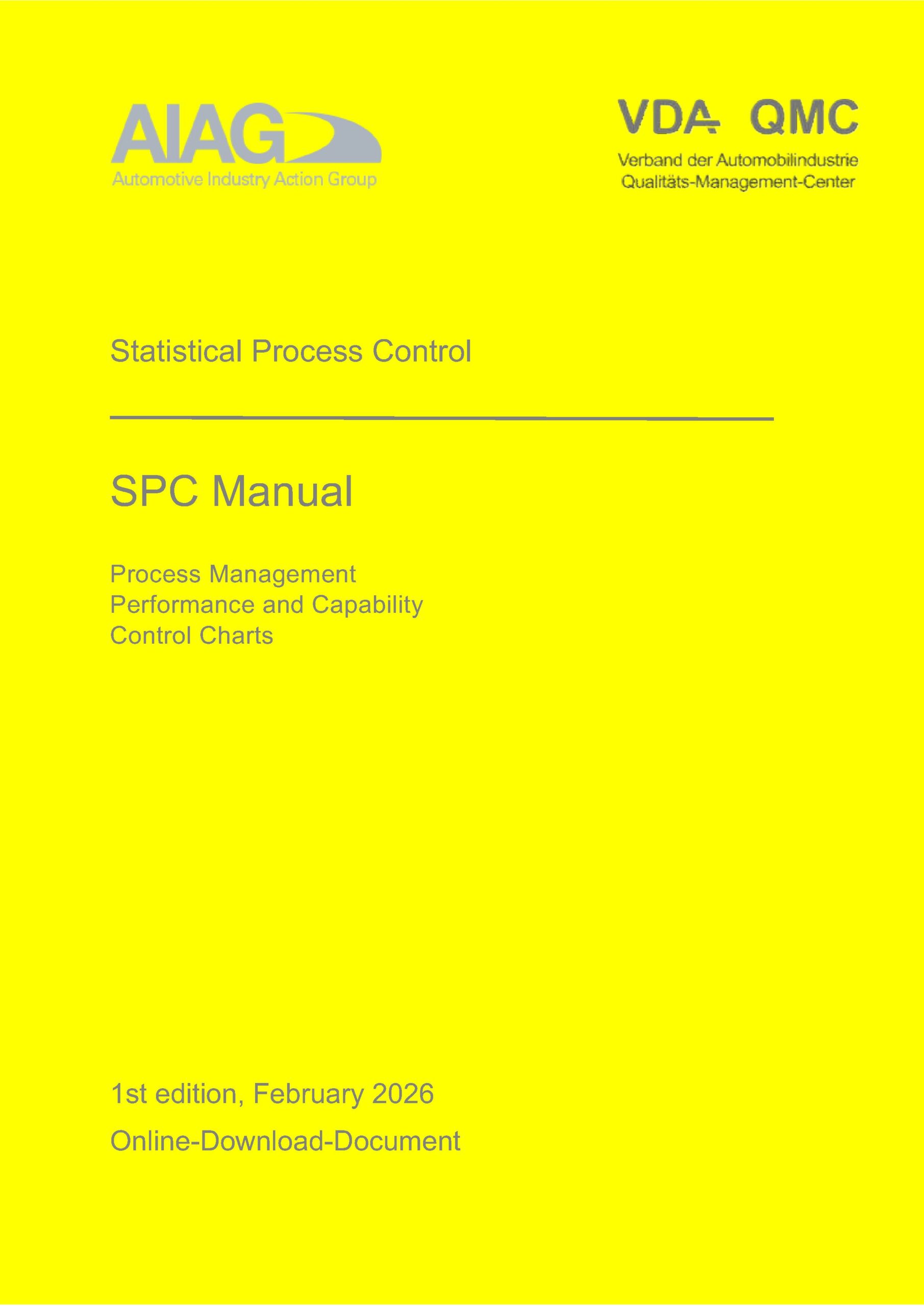This eLearning DEMO covers the importance of identifying a problem and using problem solving to form sustainable solutions. These modules can help an organization develop and implement a robust problem solving process that will improve problem descriptions, ensure steps are not skipped, improve team member participation, improve the ability to prioritize, analyze and review concerns, and improve qualitative methods for problem solving.
Purchase single-user access to this eLearning course or request a quote for corporate licensing to train your team.

This eLearning DEMO covers the importance of identifying a problem and using problem solving to form sustainable solutions. These modules can help an organization develop and implement a robust problem solving process that will improve problem descriptions, ensure steps are not skipped, improve team member participation, improve the ability to prioritize, analyze and review concerns, and improve qualitative methods for problem solving.
The modules give only a high-level introduction to problem solving and the different tools and methodologies used to complete the problem solving process. This allows teams to select the best tools for their specific problems.
Length
10-15 min
Identify the importance of problem solving and the steps involved
Recommended for all problem solvers and practitioners responsible for ensuring the effectiveness of the problem-solving process, appropriate application of problem-solving tools, and establishing and reinforcing an effective problem-solving culture. Typically, this is performed by a multidisciplinary team from the following functions: internal auditors, manufacturing managers, supervisors and team leaders, quality-related personnel, equipment and tooling specialists, supplier quality engineers, laboratory technicians, core tools (MSA, SPC, FMEA, APQP/PPAP) coordinators, logistics related personnel, and anyone who participates in the corrective action and continual improvement processes
Module 1: Effective Problem Solving: Fundamentals

Questions about the privacy and security of our Live Virtual Solutions? Learn more
CT2111-00
The AIAG SPC Manual (Draft Edition) is on the horizon—and if you are responsible for process control, capability, or quality system performance, this update may directly impact you.
Sign up today to receive expert updates on the AIAG SPC Manual Draft and ensure you are ready when the new edition becomes the industry expectation.
